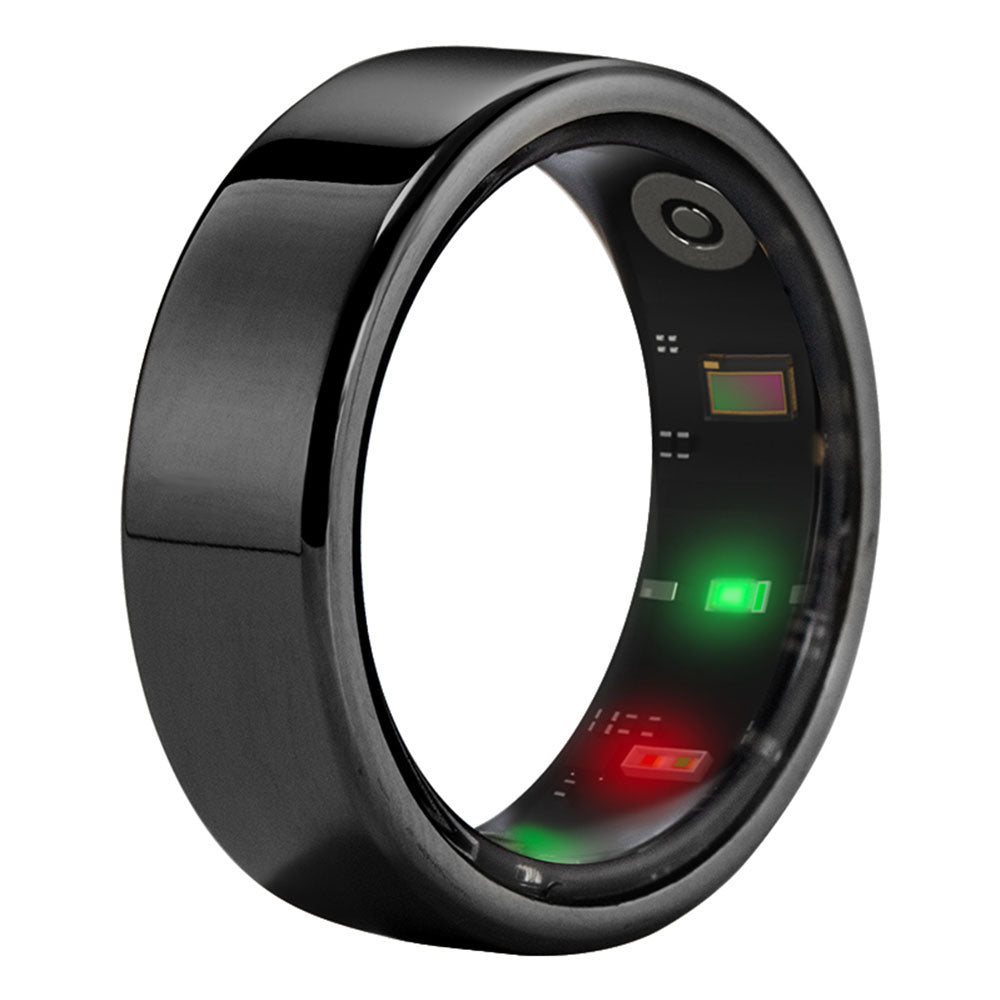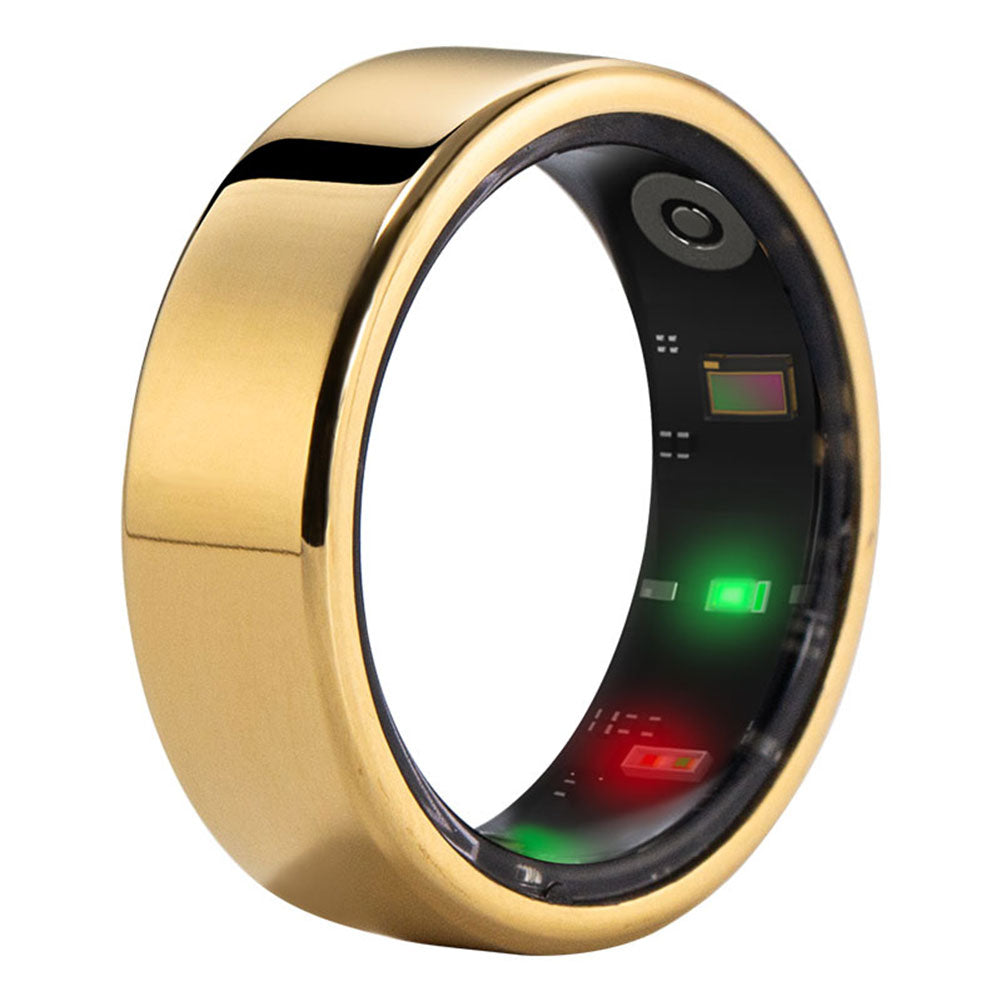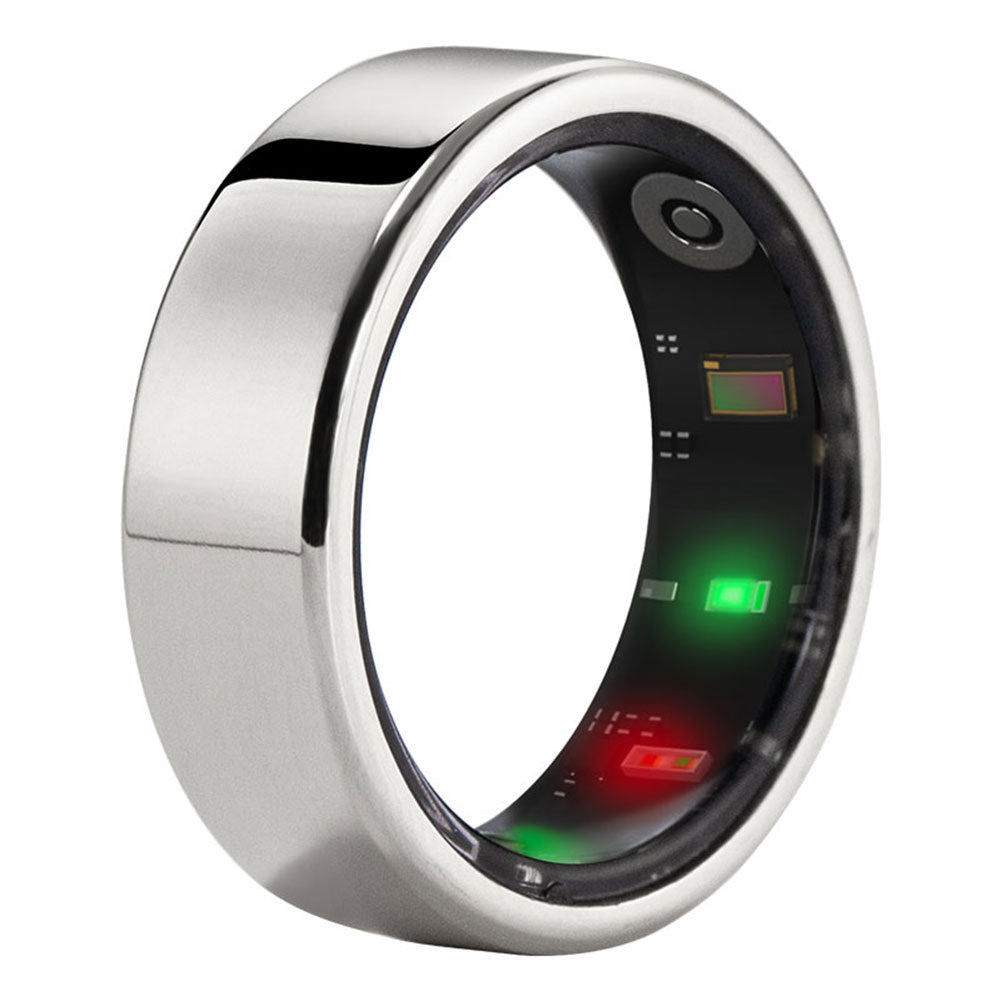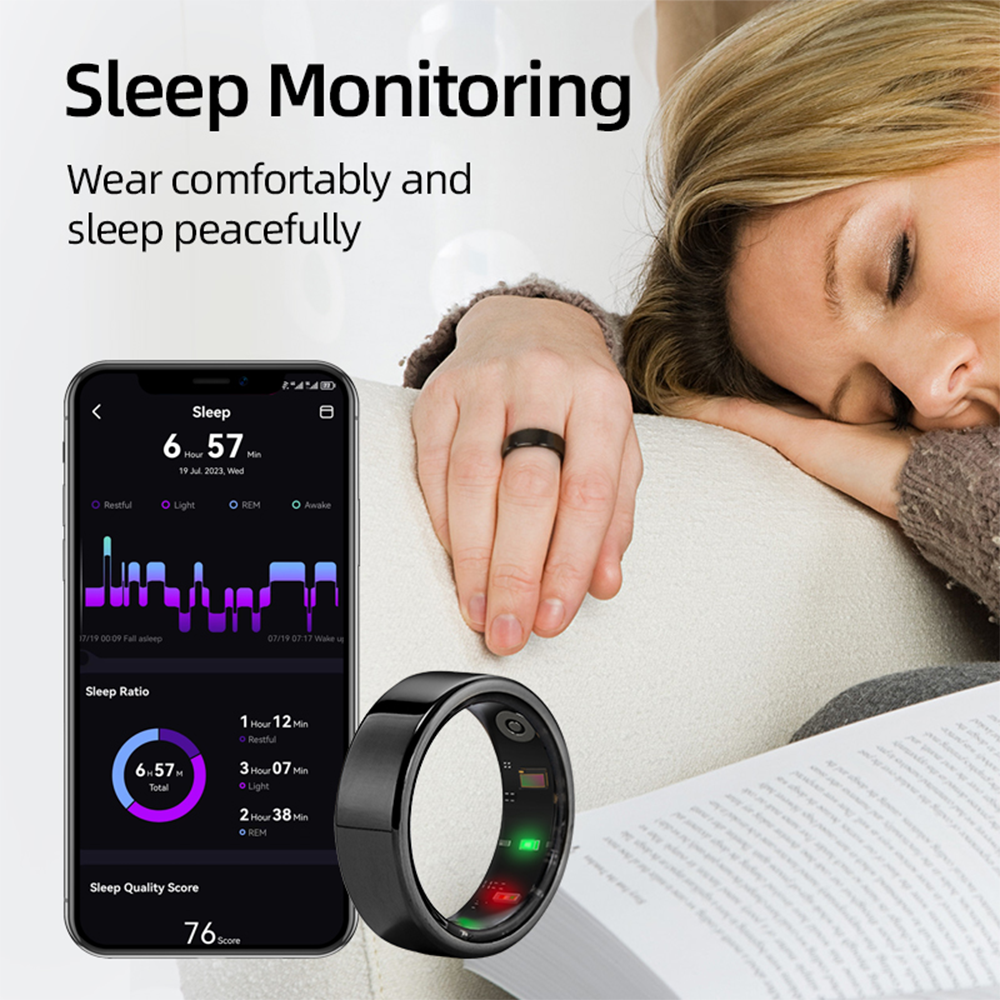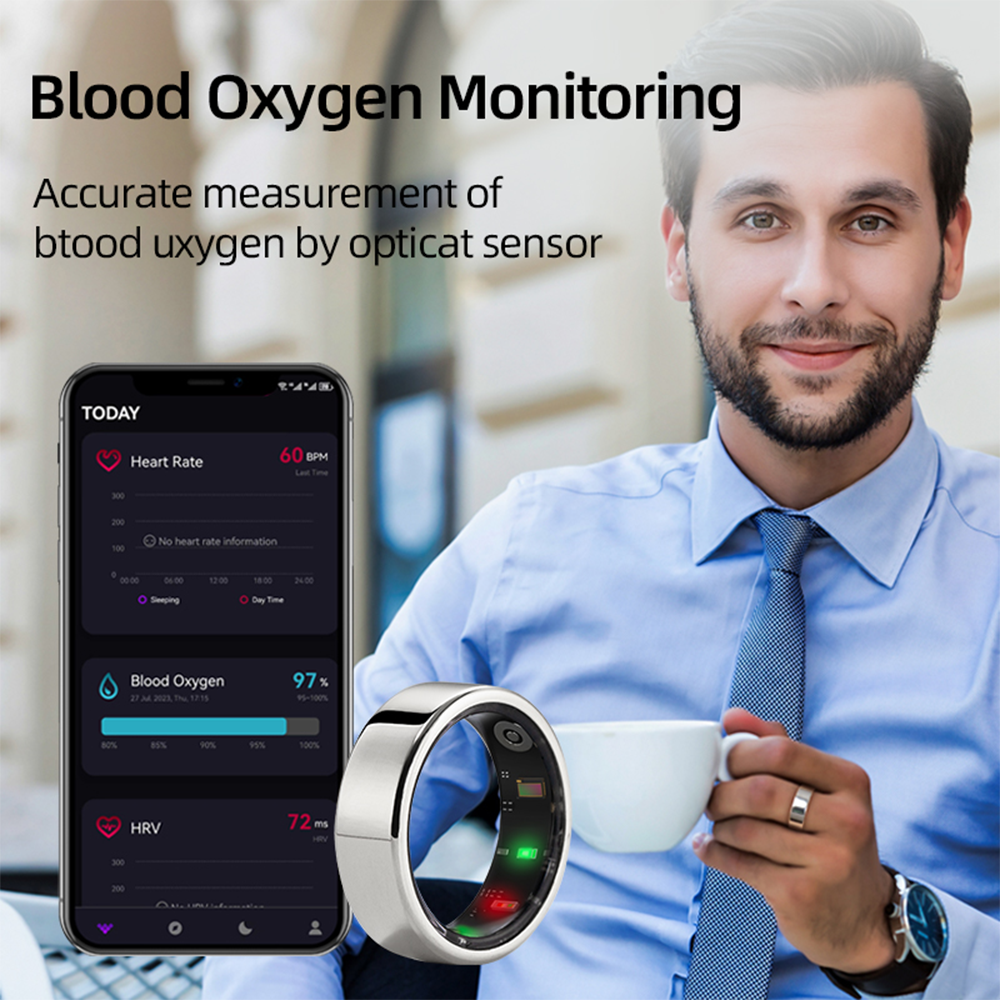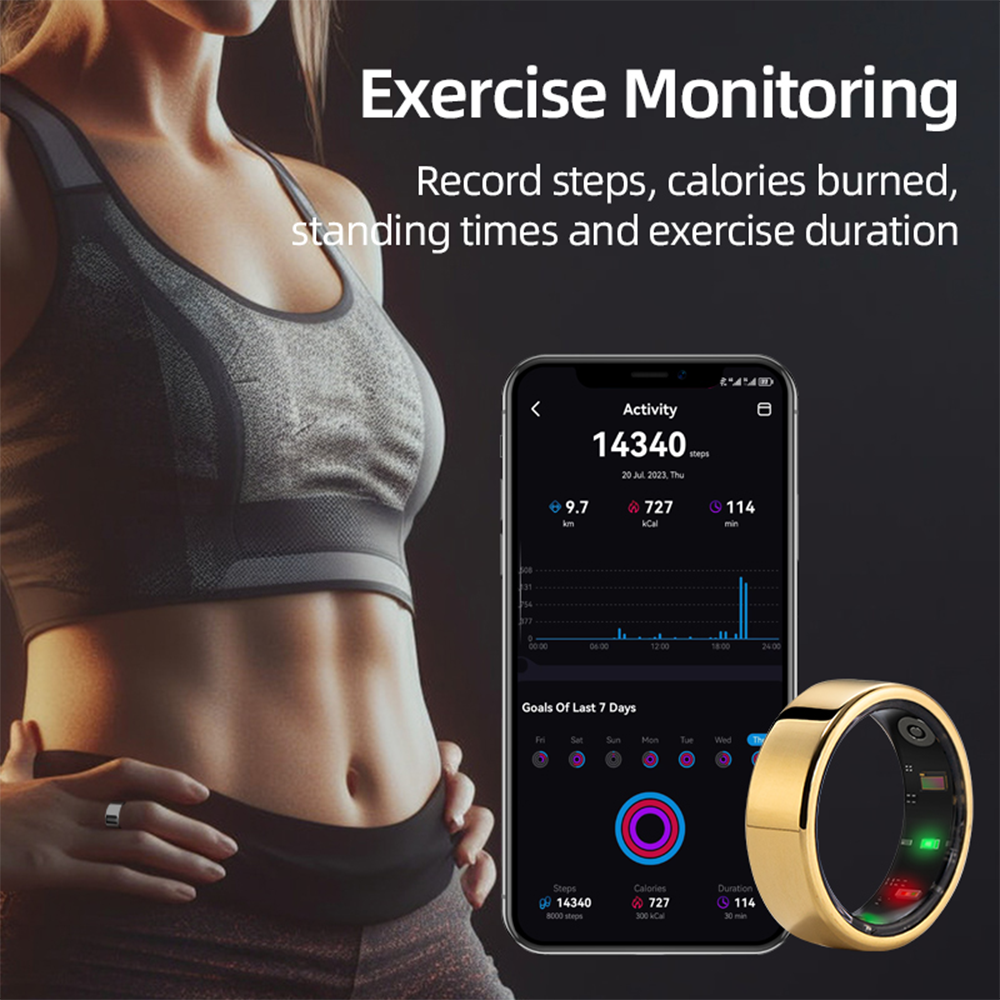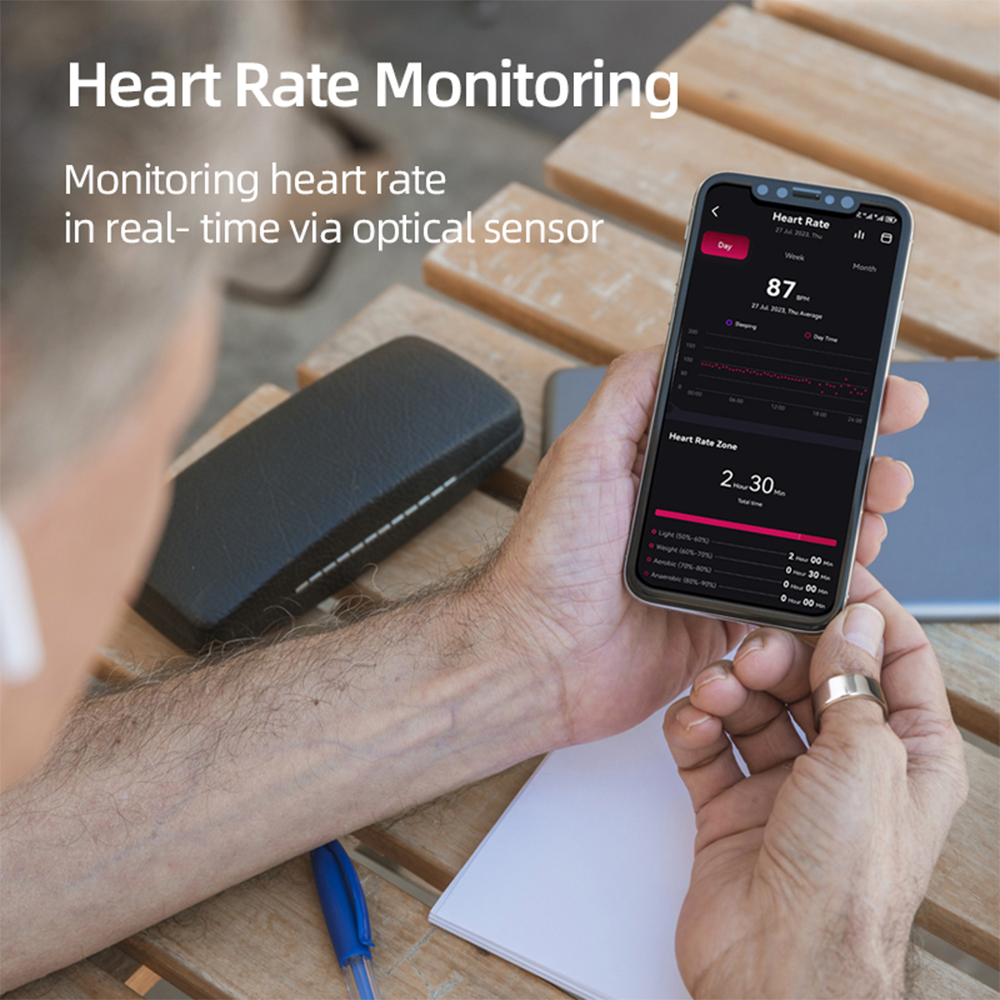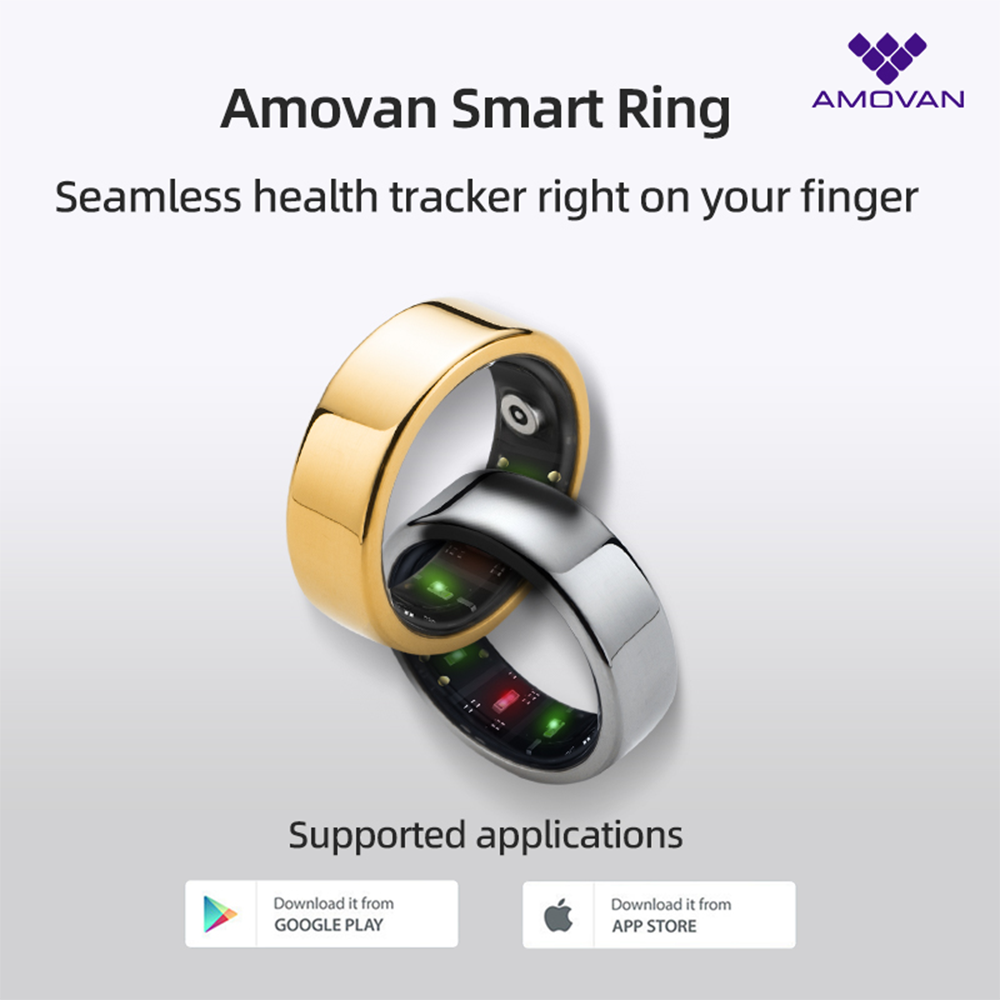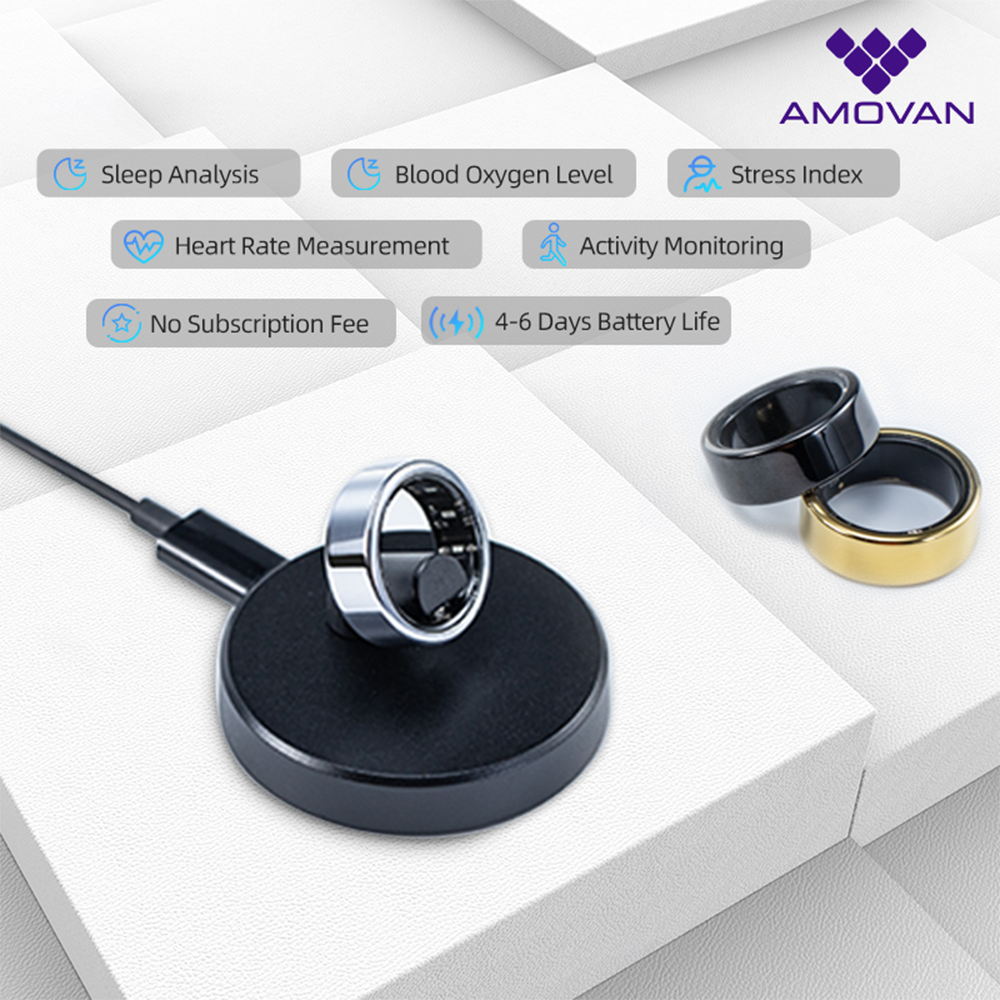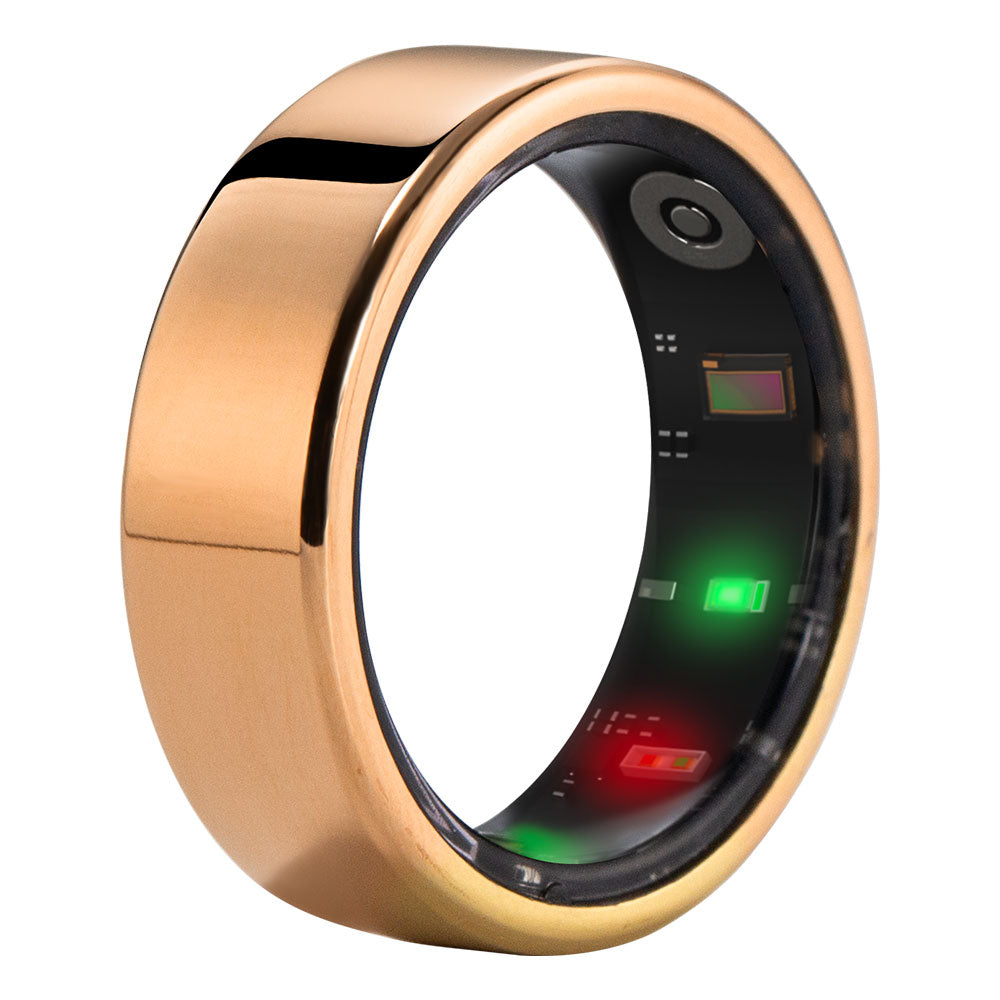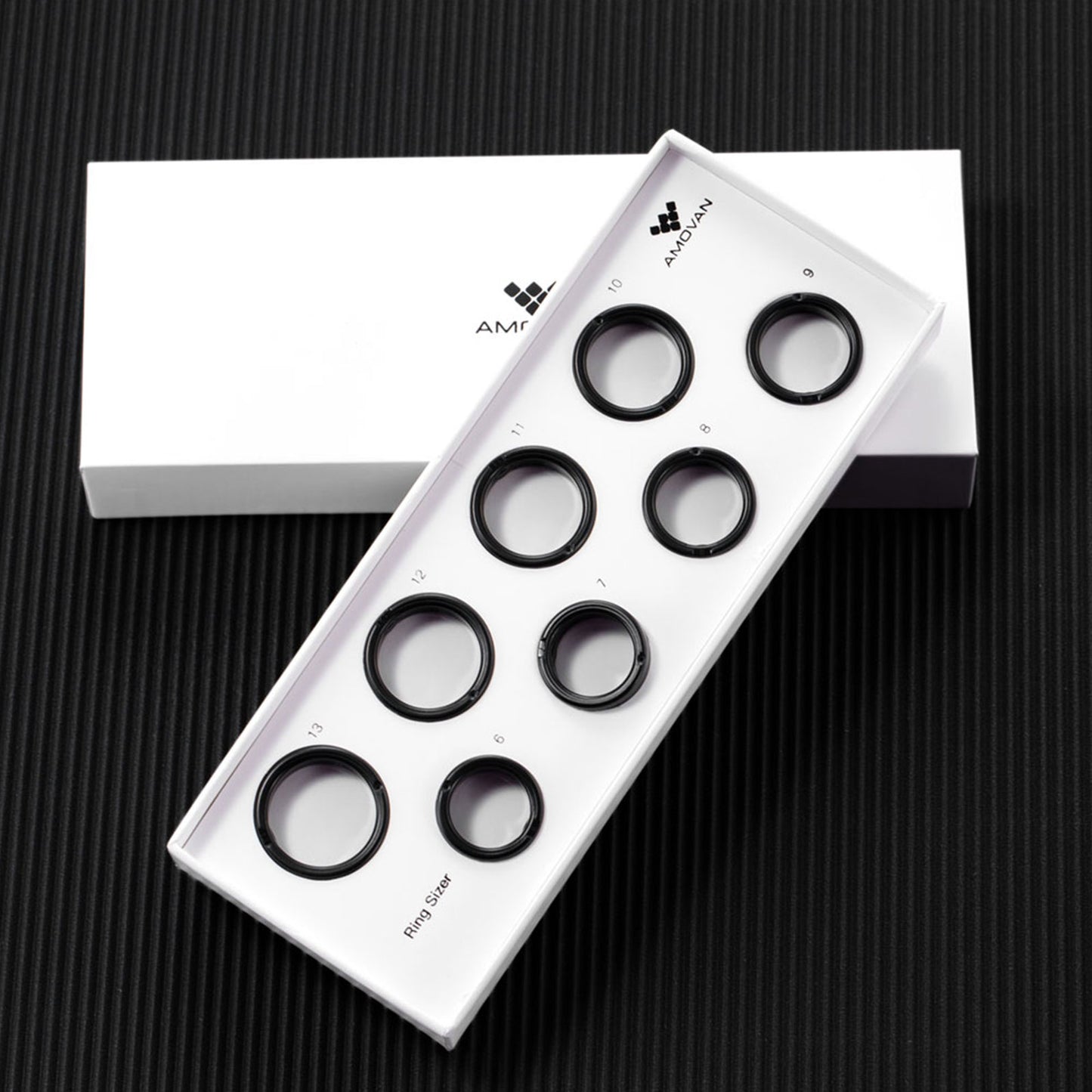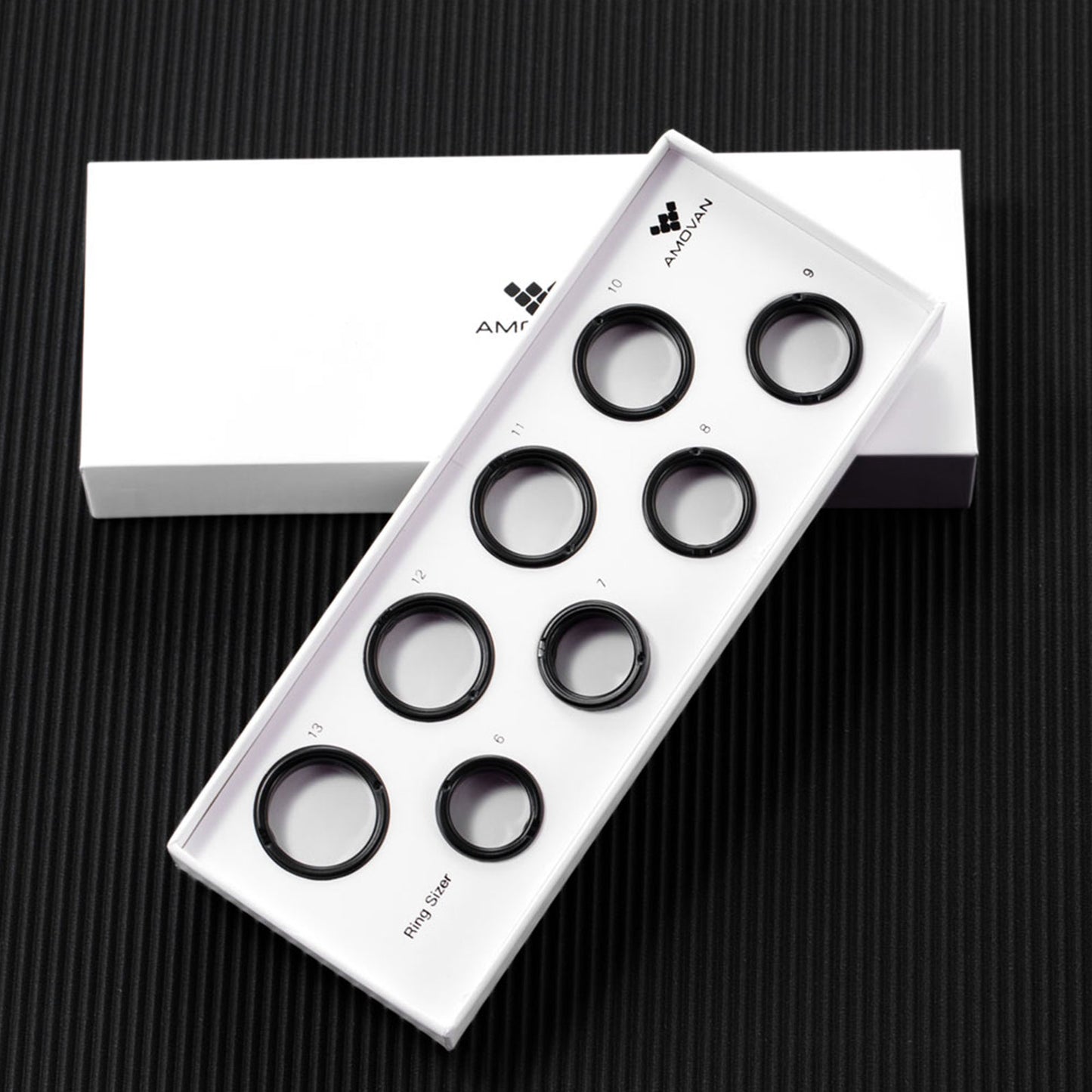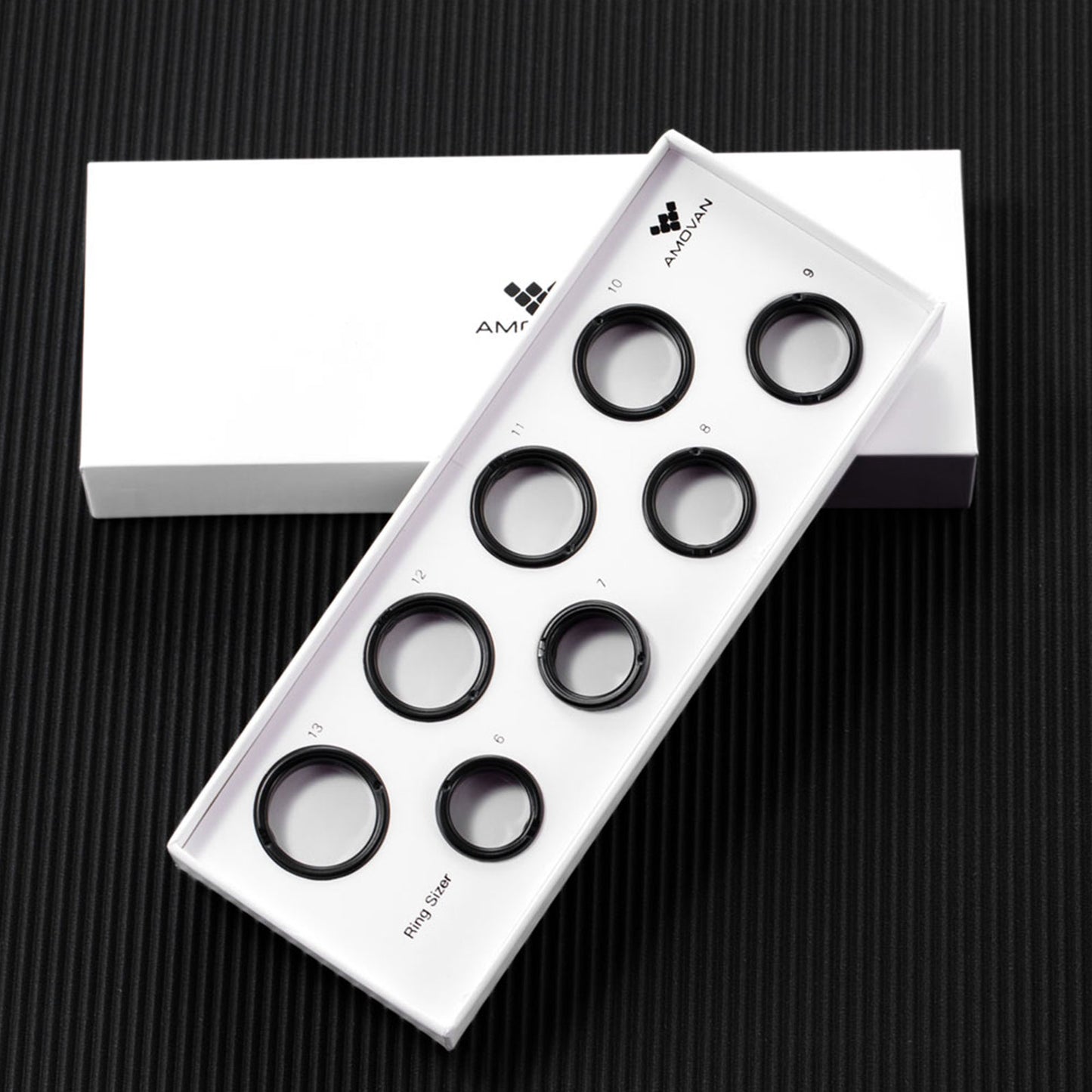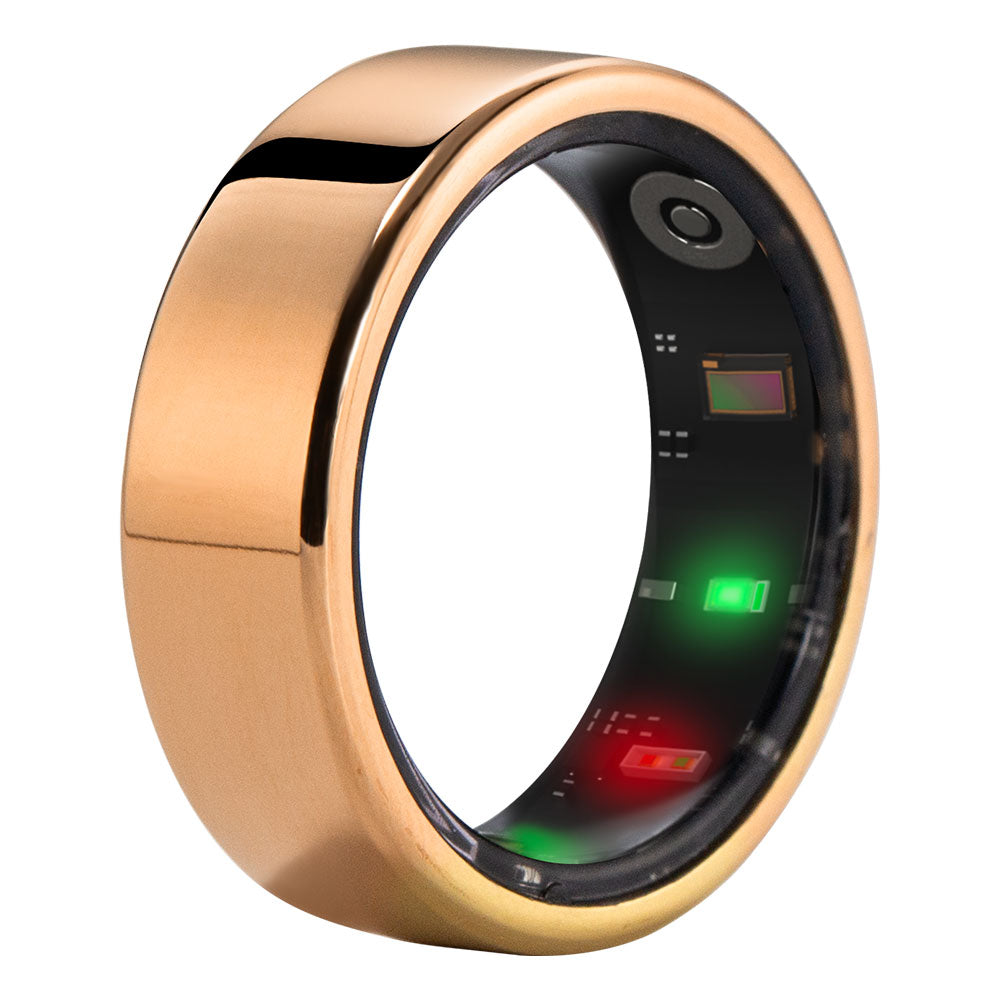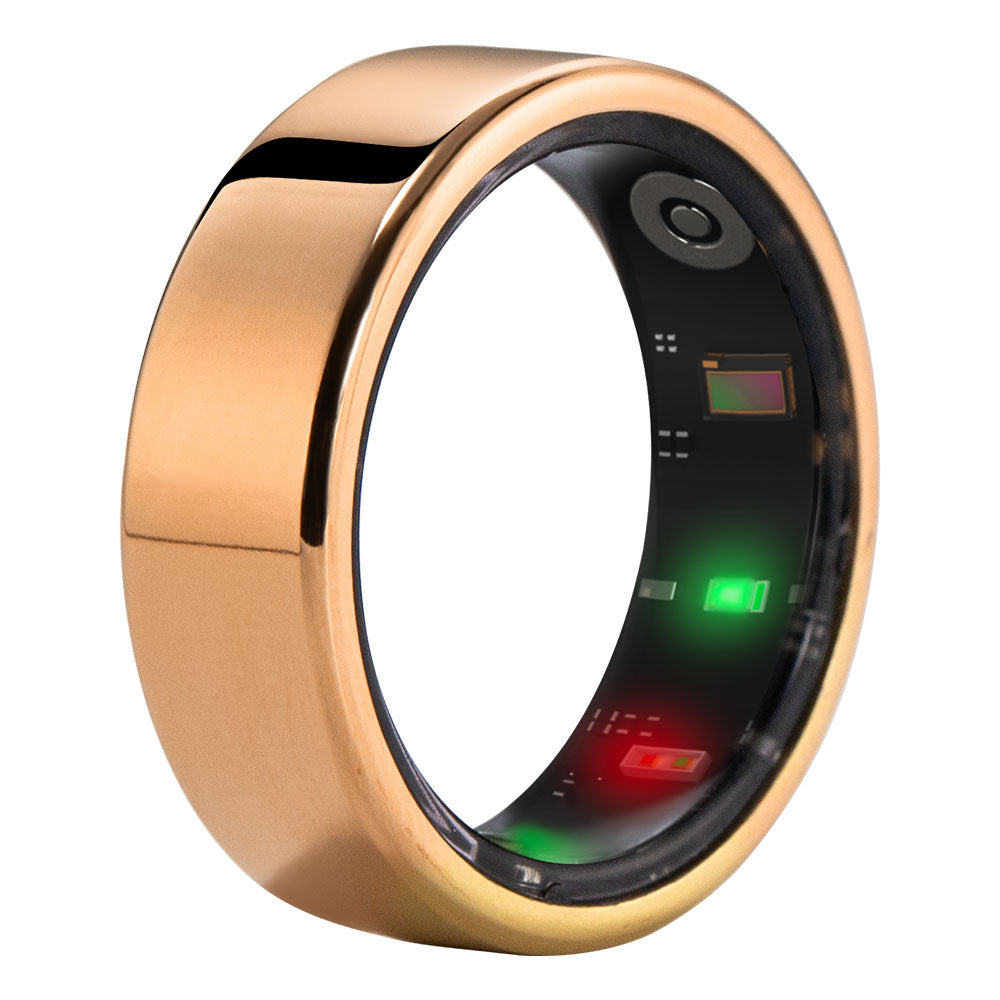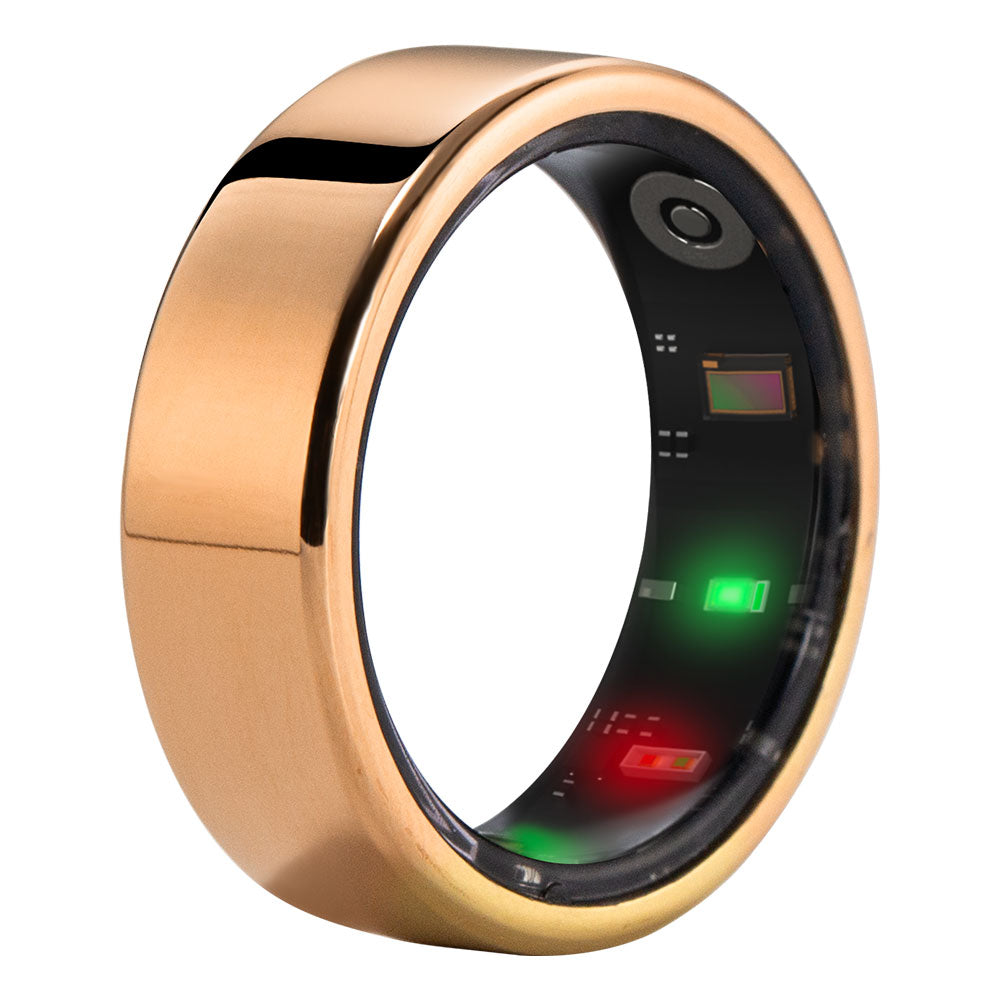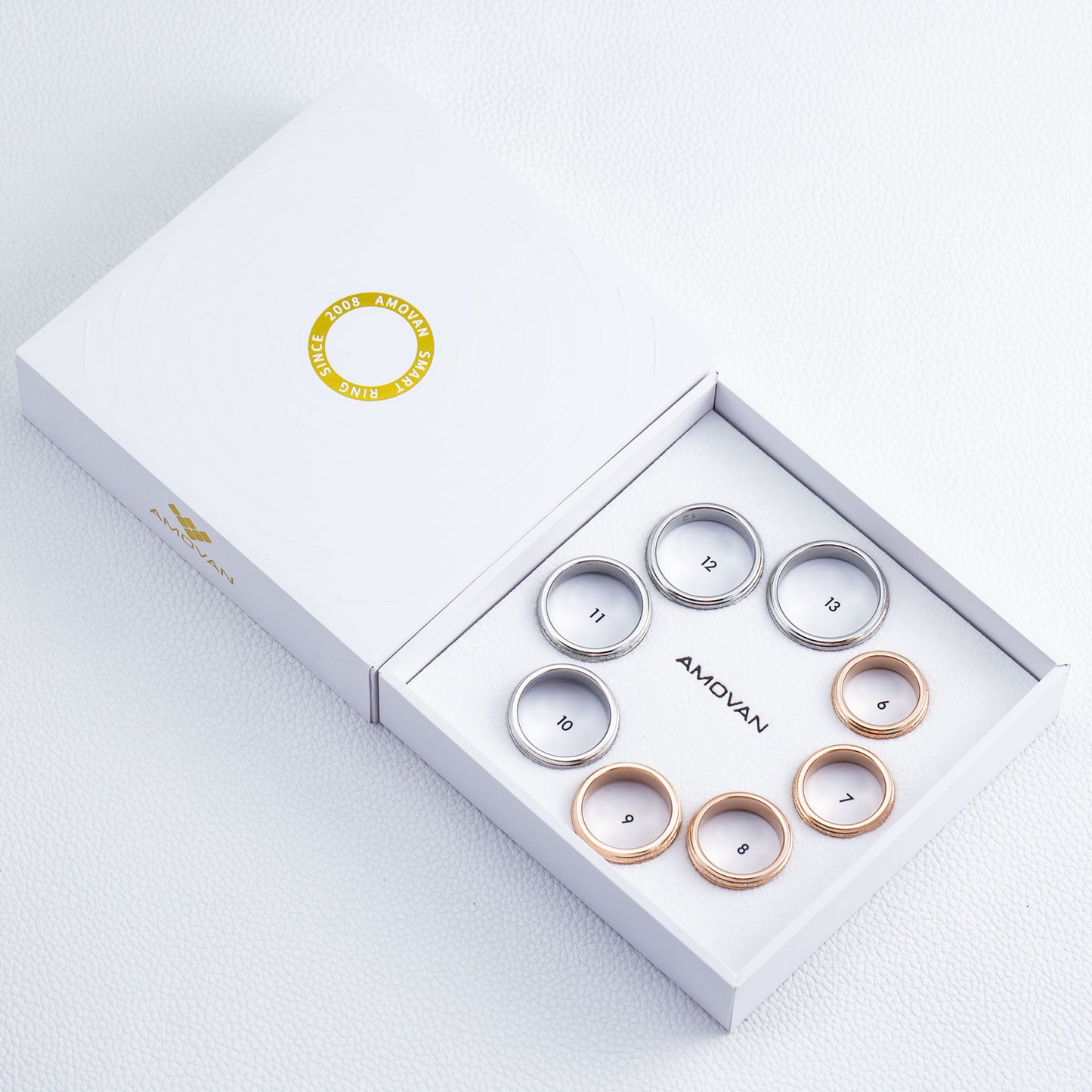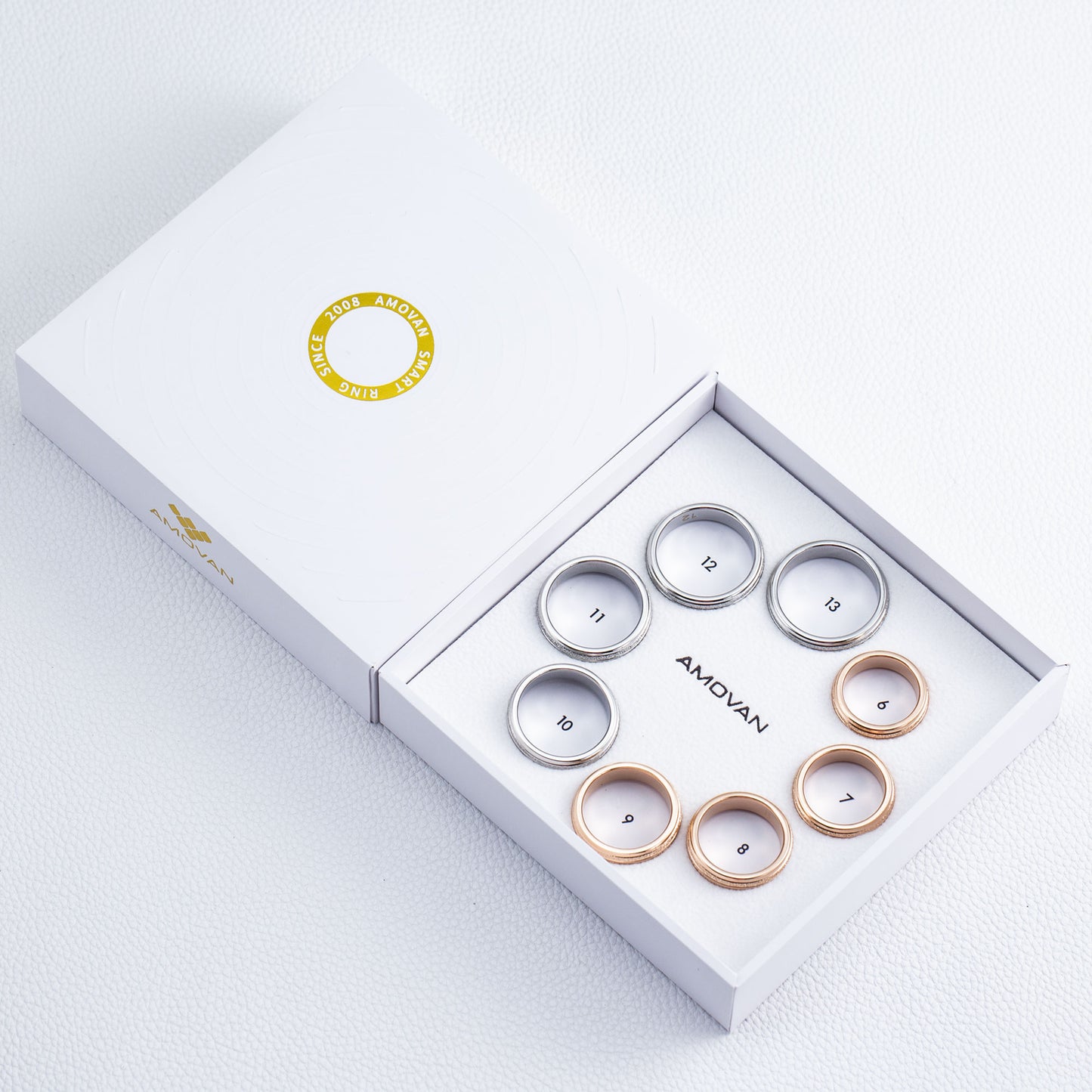According to the National Sleep Foundation's research, adults should get 7-9 hours of sleep each night, while teenagers and children need even more sleep. However, surveys show that about 40% of American adults are unable to get enough sleep each night. This widespread sleep deprivation can lead to lack of concentration, memory impairment, mood swings, and decreased immune system function.

Fortunately, with technological advancements, sleep tracking technology has become a powerful tool for improving sleep quality. Smartwatches, smart rings, and other portable devices can monitor sleep patterns, heart rate, and breathing frequency, providing users with personalized sleep advice and improvement strategies. These technologies help people better understand their sleep habits and provide practical methods to improve sleep quality.
Symphony of the Soul: Decoding the Harmony of Sleep and Wakefulness
When you sleep, your brain cycles between two types of sleep: Rapid Eye Movement (REM) sleep and non-rapid eye movement sleep.
The first stage of sleep is non-rapid eye movement sleep, which has four stages:
1. Stage 1: Between wakefulness and drowsiness
2. Stage 2: Light sleep (temperature drops, breathing and heart rate regulate)
3. Stages 3 and 4: Deep sleep
When you enter the rapid eye movement sleep stage, the following occurs:
1. Your eyes move faster (eyelids closed)
2. Your brain waves respond as if awake
3. Your breathing rate increases
4. Your body enters a temporary paralysis or immobile state
This cycle repeats continuously. However, with each transition, the deeper non-rapid eye movement sleep stages decrease, while the duration of the rapid eye movement sleep window increases. Therefore, typically, you cycle between rapid eye movement and non-rapid eye movement sleep about four to five times each night.

Sleep tracking technology takes note of all this and analyzes your sleep patterns to help you achieve better sleep.
The Body's Built-In Sleep Switch
Dr. Mark Wu, a renowned neurologist and sleep expert at Johns Hopkins University, states that our bodies contain two built-in sleep control mechanisms:
Circadian Rhythm: Your biological clock controls these rhythms. The clock is a response system composed of hormones and receptors that respond to light signals. A proper circadian rhythm increases the secretion of melatonin (a hormone that regulates the sleep-wake cycle) at night and decreases it during the day.
Sleep Drive: Just like you feel hungry, your body also responds to the need for sleep. When it reaches a certain threshold, you fall asleep. Do you know the main difference between hunger and sleep? For example, if you're hungry, it's easy to convince your brain not to force you to eat, but when you feel drowsy or tired, it's a different story. Napping becomes easy no matter where you are.
How Peaceful Sleep Affects Your Overall Health
The benefits of quality sleep go far beyond relaxation. It plays a crucial role in our overall health, affecting our physical and mental well-being. Here's an overview of the benefits of restful sleep:
1. Enhances Brain Plasticity
Sleep gives your brain plasticity—the ability to adapt or adjust to various situations. If you don't get enough sleep as needed, your brain can't process the information it receives throughout the day or lock memories into cells. Cognitive functions of the brain also decline.
2. Regulates Emotions
Researchers suggest that sleep also helps regulate emotions. Therefore, if you don't get restful sleep all night, you often feel irritable or emotionally unstable.
3. Provides Rapid Recovery
During sleep, your body is in an active mode, recovering itself through the secretion of hormones (such as growth hormone, melatonin, cortisol, leptin, and growth hormone-releasing peptide) and proteins that aid in tissue and muscle repair. As a result, the body's recovery rate is slower in individuals with insufficient sleep compared to those who get enough rest.
4. Regulates Immunity
When you're in a state of sleep, your body produces anti-inflammatory proteins—cytokines. Therefore, sleep can boost your immunity, which is your body's defense mechanism against diseases.
Additionally, researchers have found that insufficient sleep increases white blood cell production. This reaction is similar to the response your body shows when under stress. Sleep deprivation may cause an imbalance in the immune system, increasing the likelihood of illness.
5. Improves Appetite-Regulating Hormones
Good sleep can improve appetite-regulating hormones while helping you stay healthy and happy. Sleep deprivation can disrupt appetite-regulating hormones, increasing hunger (growth hormone-releasing peptide) and regulating satiety (leptin), potentially leading to overeating and weight gain.
Healthy Sleep, Healthier You
Good sleep and health go hand in hand. Your body repairs, regenerates, and prepares for the challenges of each day through sleep. A night without sleep will lower your energy levels the next day and trigger many health problems. Prioritize those moments of rest to replenish your body's energy for the next day's challenges.

Are you looking for something to help you understand your sleep time and patterns? Switching to a health tracking device might be just right for you. Amovan's Nova ring can be your silent fitness companion. This smart ring will track all your health metrics, including your sleep level, sleep patterns, activity level, and more, helping you design the right daily habits for optimal productivity.






